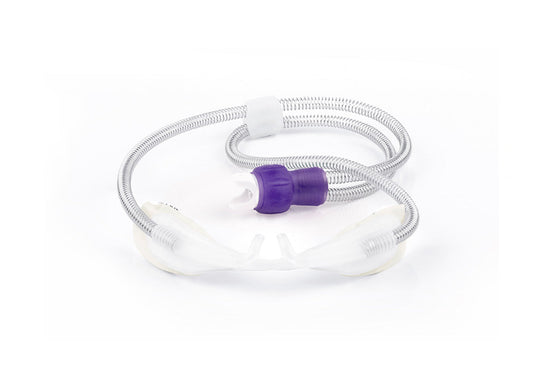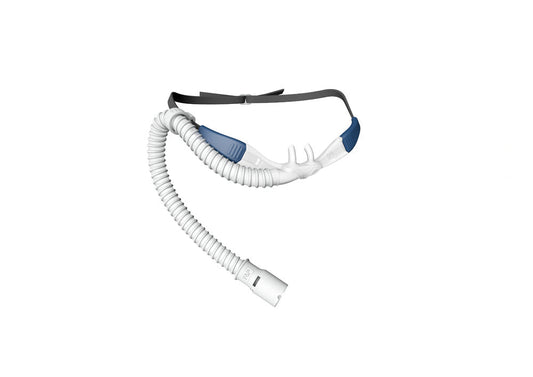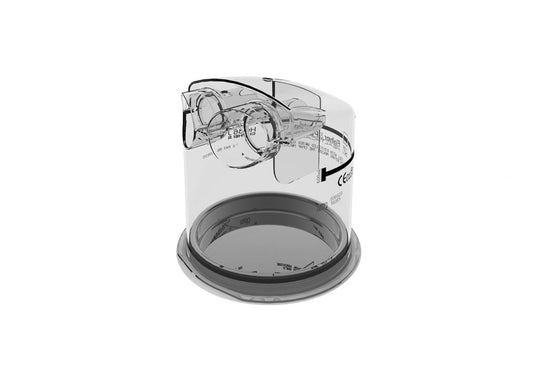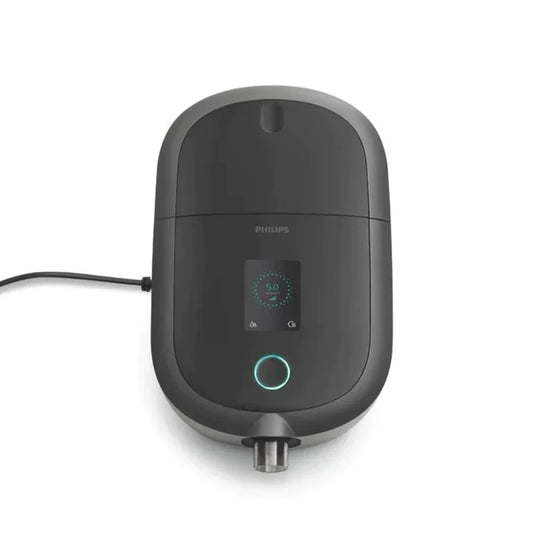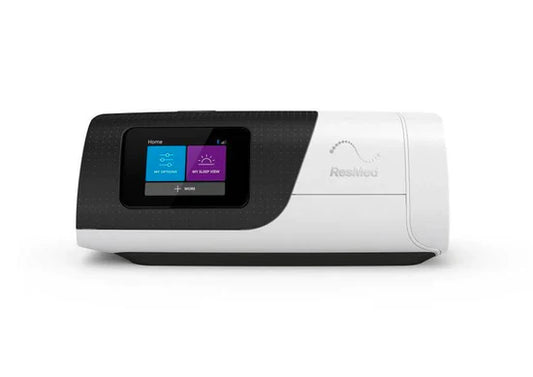10 Signs You Might Have Sleep Apnea
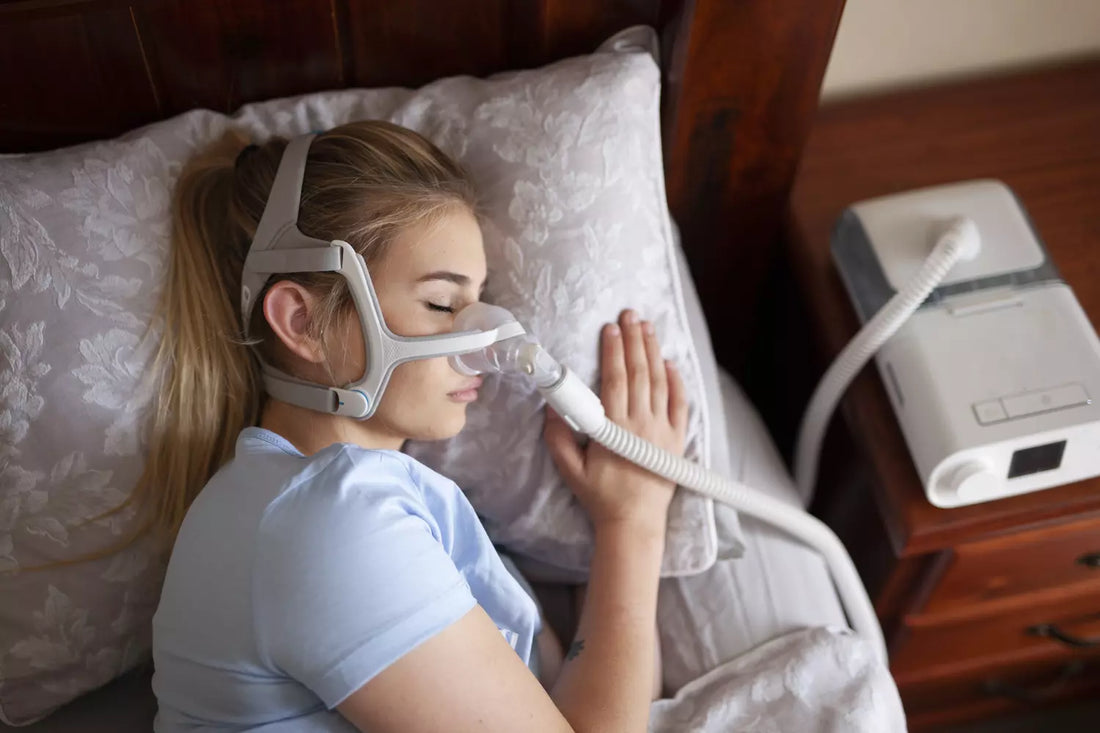
Sleep apnea is a common but often underdiagnosed sleep disorder that can have serious health consequences if left untreated. It is characterized by temporary pauses in breathing during sleep, disrupting the quality of rest. If you suspect you may be suffering from sleep apnea, it is crucial to recognize the warning signs so you can consult a healthcare professional. Here are the 10 most common signs that may indicate you need treatment for sleep apnea.
1. Loud and regular snoring
Snoring is one of the most obvious symptoms of sleep apnea. If you or your partner notice that you snore very loudly, or that your snoring is interrupted by long pauses, this could be a sign of obstructive sleep apnea, where the airway becomes temporarily blocked.
2. Episodes of suffocation during sleep
People with sleep apnea may wake up suddenly with a feeling of suffocation or lack of air. This is due to the partial or complete closure of the airways, which prevents air from entering the lungs normally during sleep.
3. Excessive fatigue during the day
If you feel constantly tired, even after a full night's sleep, it could be a sign of sleep apnea. Sleep is fragmented and of poor quality due to pauses in breathing, leaving you feeling exhausted upon waking and throughout the day.
4. Headaches upon waking
Morning headaches are common in people with sleep apnea. They can be caused by insufficient oxygenation to the brain during the night, leading to a feeling of heaviness or pain upon waking.
5. Concentration and memory problems
Sleep apnea can affect your cognitive function. Oxygen deprivation and interrupted sleep can lead to problems with concentration, memory, and decision-making. If you have trouble concentrating during the day, it could be related to your sleep quality.
6. High blood pressure
Studies have shown that sleep apnea is a risk factor for high blood pressure. If your blood pressure is high despite efforts to control it, sleep apnea could be the underlying cause.
7. Irregular heart rhythms
Sleep apnea can lead to cardiac arrhythmias because interruptions in breathing affect heart rate regulation. If you experience palpitations or an irregular heartbeat, it's essential to see a doctor to determine if sleep apnea is the cause.
8. Irritability and mood swings
Sleep disturbances can negatively impact your mood. If you're more irritable, anxious, or depressed than usual, it may be related to sleep deprivation caused by sleep apnea. Lack of rest affects your mental and emotional well-being.
9. Excessive night sweating
People with sleep apnea may also tend to sweat profusely during the night. This is due to the body's efforts to replenish oxygen after each pause in breathing. If you frequently wake up sweating, this could be a sign of sleep apnea.
10. Dry or sore throat upon waking
If you frequently wake up with a dry or sore throat, it may be related to mouth breathing at night, which is often seen in people with sleep apnea. This occurs when breathing stops and the person begins to breathe through their mouth.
What should you do if you have these symptoms?
If you recognize one or more of these signs, it is essential to consult a healthcare professional for a diagnosis. Sleep apnea can be diagnosed through medical tests such as a polysomnography (sleep study) or a home sleep test. Fortunately, there are effective treatments, such as the use of a CPAP (continuous positive airway pressure) machine, which can greatly improve the quality of your sleep and prevent long-term complications.
Conclusion
Sleep apnea is a serious condition that deserves to be addressed. Don't ignore early signs and consult a doctor if you have any concerns about your sleep. Proper treatment can transform your quality of life and reduce the risk of serious health complications.

